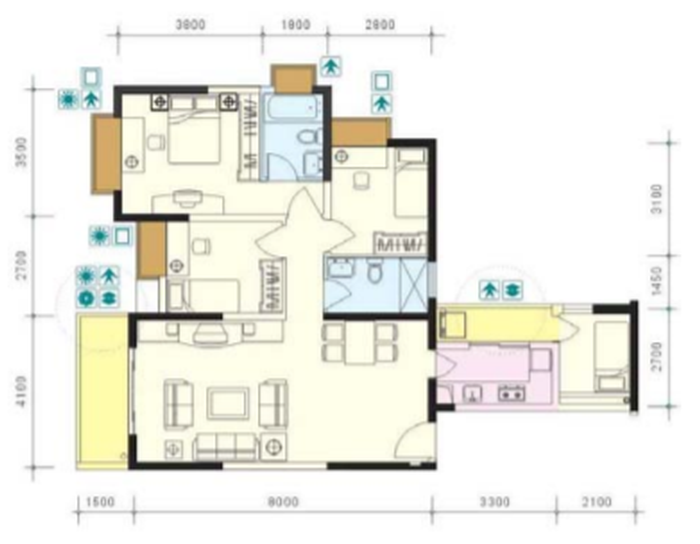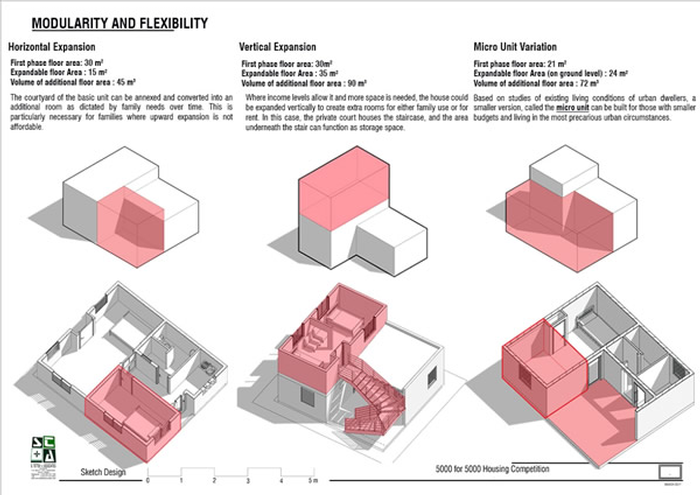Ayesha De Sousa and Andrew De Sousa - ProposalBackwater RisingThe water is rising.
Set along the backwaters of the river Mandovi, a tangle of houses awaits the tide. Be it through tropical storms or the course of global warming, the settlement is ill-prepared to endure nature’s wrath. This is Ribandar.
Ribandar stands at a crux- of traditional dwelling systems which have had urbanity foisted upon them. Formerly dependent upon the backwater for its fishing-based livelihood, the workforce now relies on Panaji, the capital city of Goa, six kilometres away. This shift away from the backwater has led to its utmost neglect. The resulting consumerism and consumption, in conjunction with the lack of waste disposal systems, have made the backwater a de facto dumping ground, suffocating the mangroves that once described land from water.
The settlement, which grew along a singular road, has offshoots of meandering alleys superimposed upon open gutters. Dense, clustered dwellings are buried within its fabric- dimly lit, poorly ventilated and barely accessible. Steep, constricted steps ascend from narrow pathways, leading to dwellings that have grown vertically, organically from the families and spaces upon which they stand. These haphazard additions choke the existing dwellings, resulting in an unsanitary urban fabric with no public space. The settlement lacks opportunities for economic self-sufficiency, and in building itself up, the community has built out its greatest asset- the backwater.
The project’s three goals are planned, accessible housing, ecosystem regeneration and economic diversification. The housing will consider various family structures- joint and nuclear alike, reflecting their systems of dwelling. Unlike its purely organic predecessor, this in situ redevelopment incorporates an organised framework for familial and economic growth, with provisions to keep the water at bay. Incremental growth in commercial, mixed-use and residential spaces will promote self-sufficiency and economic resilience.
For this, assembling a team of architects, environmentalists and experts in sanitation services is crucial. Their collaborative investment in sustainable social development assures construction driven by utility and the intrinsic oneness between the inhabitants and the water. Cognizant that homes are dynamic and deeply personal, the construction process involves customization in consultation with users, to foster a sense of ownership. This participatory design process ensures that their involvement extends beyond mere spectatorship, as a people-oriented project is born of the population that it supports.
This information is ascertained through the following questions:
Is your family joint/nuclear?
How many family members are in every age group?
How many are earning members?
What is the monthly household income?
Which economic activities are earning members engaged in?
Which is the most active space of the house?
Do you own/desire to own vehicles?
Describe your social/spiritual connection to the backwater.
How is waste and greywater disposed from the house?
Do any members have pressing/specific needs?
Since the co-operative role of the local government is paramount to a successful endeavour, it will be guided by the municipality. The project is best financed by both the state government and private contractors, whose collaboration ensures optimum utilization of resources, as the settlement braces for rising waters.
Additional Help and InformationAre you in need of assistance? Please email info@berkeleyprize.org. |
|


